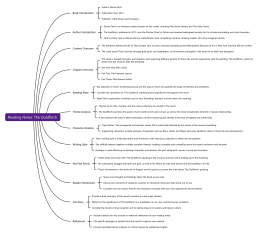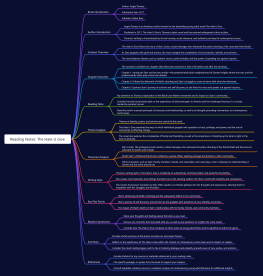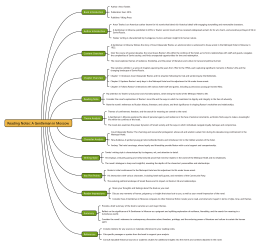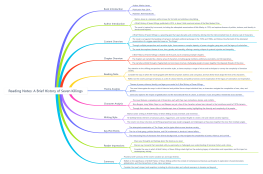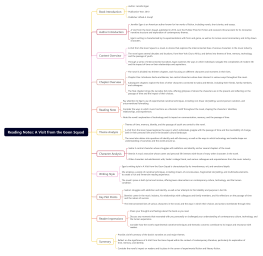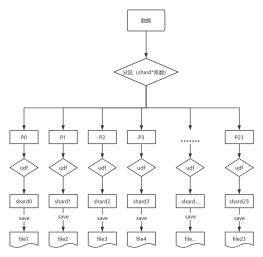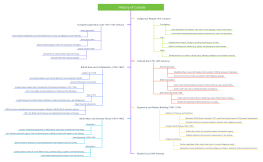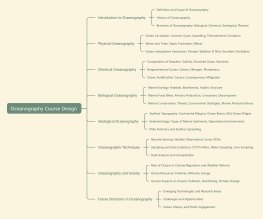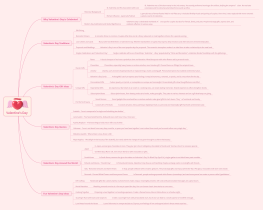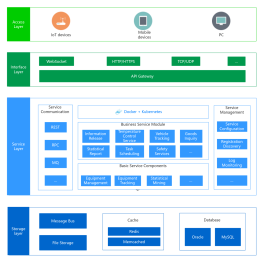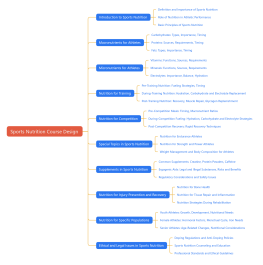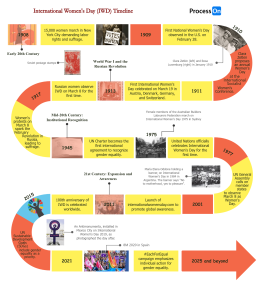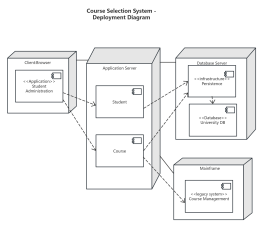Course Design for History of Western Philosophy
2024-07-06 21:11:07 268 0 Report 0
0
Login to view full content
This course design for the History of Western Philosophy provides a comprehensive exploration of philosophical thought from ancient times to the contemporary era. It begins with an introduction to Western Philosophy, covering key periods such as Pre-Socratic, Classical Greek, and Hellenistic Philosophy. The curriculum delves into Medieval Philosophy, including Early Christian, Islamic Philosophy, and Scholasticism. The Renaissance and Early Modern Philosophy section examines Renaissance Humanism, Rationalism, Empiricism, and the Enlightenment. The 19th Century Philosophy segment includes German Idealism, Utilitarianism, and Existentialism. Moving to the 20th Century, it covers Analytic Philosophy, Phenomenology, Pragmatism, and Postmodernism. Contemporary Philosophy topics include Continental and Analytic Philosophy, Philosophy of Mind, and Ethics and Political Philosophy. Additionally, the course addresses Philosophical Movements and Trends such as Logical Positivism, Structuralism and Post-Structuralism, Deconstruction, and Feminist Philosophy. The course also emphasizes the practical applications and relevance of philosophy in various fields like science, technology, ethics, and politics. Finally, students will synthesize their learning through a final project, which includes a research paper and a presentation. This structured approach ensures a thorough understanding of Western philosophical traditions and their impact on modern thought.
Other creations by the author
Outline/Content
Introduction to Western Philosophy
Pre-Socratic Philosophy
Classical Greek Philosophy
Hellenistic Philosophy
Medieval Philosophy
Early Christian Philosophy
Islamic Philosophy
Scholasticism
Renaissance and Early Modern Philosophy
Renaissance Humanism
Rationalism
Empiricism
Enlightenment
19th Century Philosophy
German Idealism
Utilitarianism
Existentialism
20th Century Philosophy
Analytic Philosophy
Phenomenology
Pragmatism
Postmodernism
Contemporary Philosophy
Continental Philosophy
Analytic Philosophy
Philosophy of Mind
Ethics and Political Philosophy
Philosophical Movements and Trends
Logical Positivism
Structuralism and Post-Structuralism
Deconstruction
Feminist Philosophy
Applications and Relevance
Philosophy in Science
Philosophy in Technology
Philosophy in Ethics
Philosophy in Politics
Final Project and Synthesis
Research Paper
Presentation
0 Comments
Next page
Recommended for you
More

